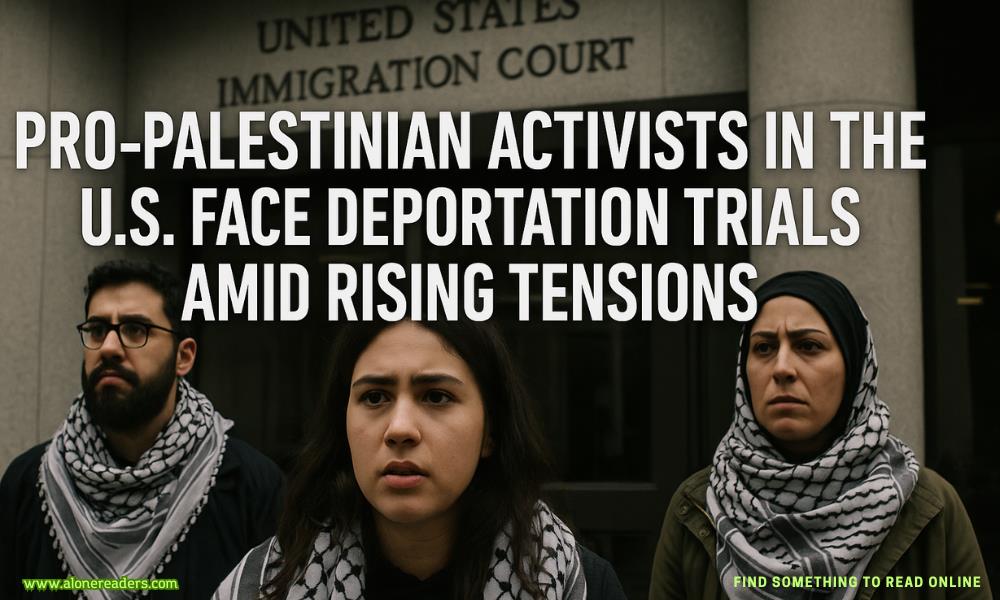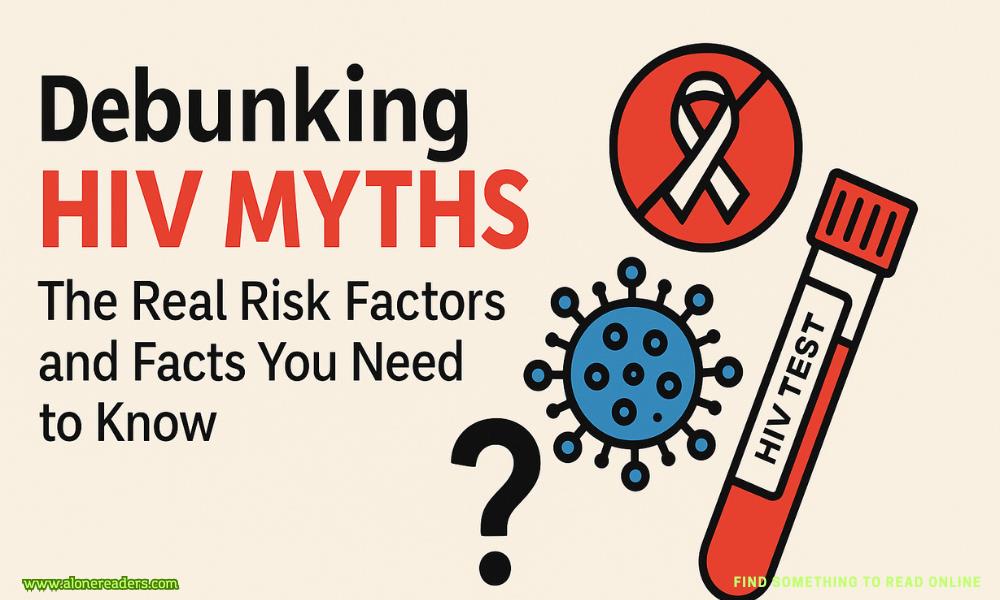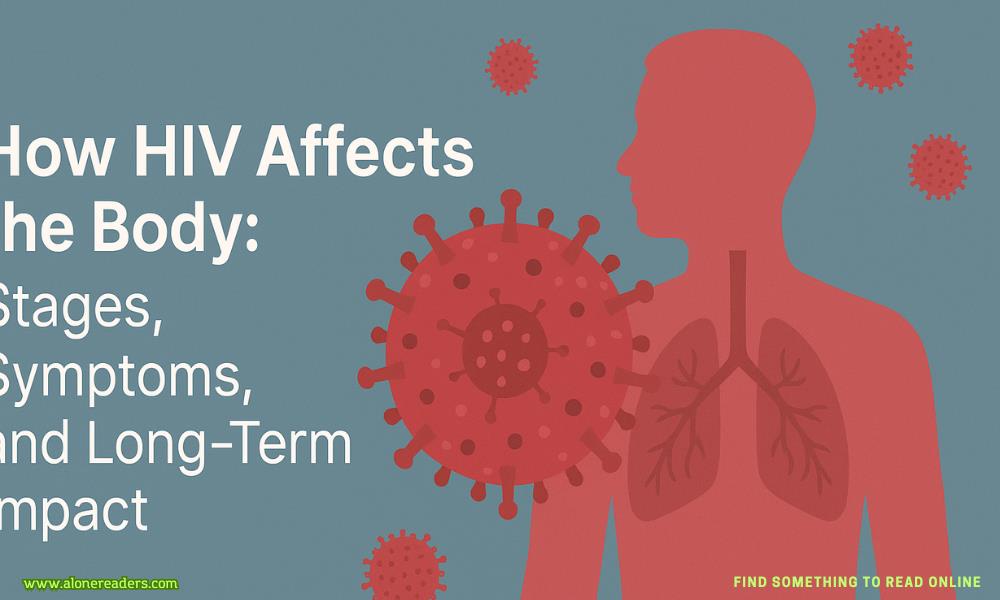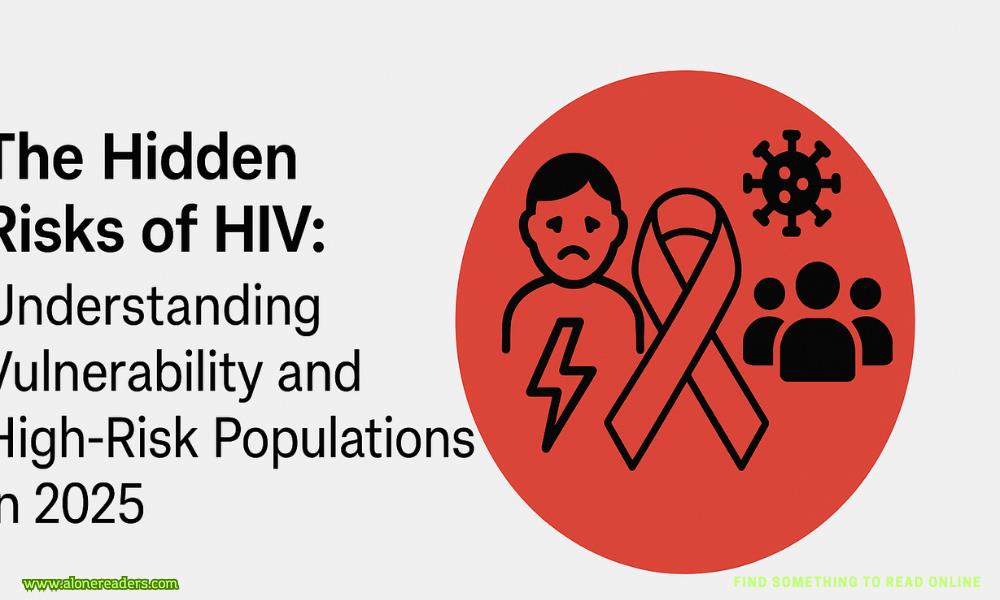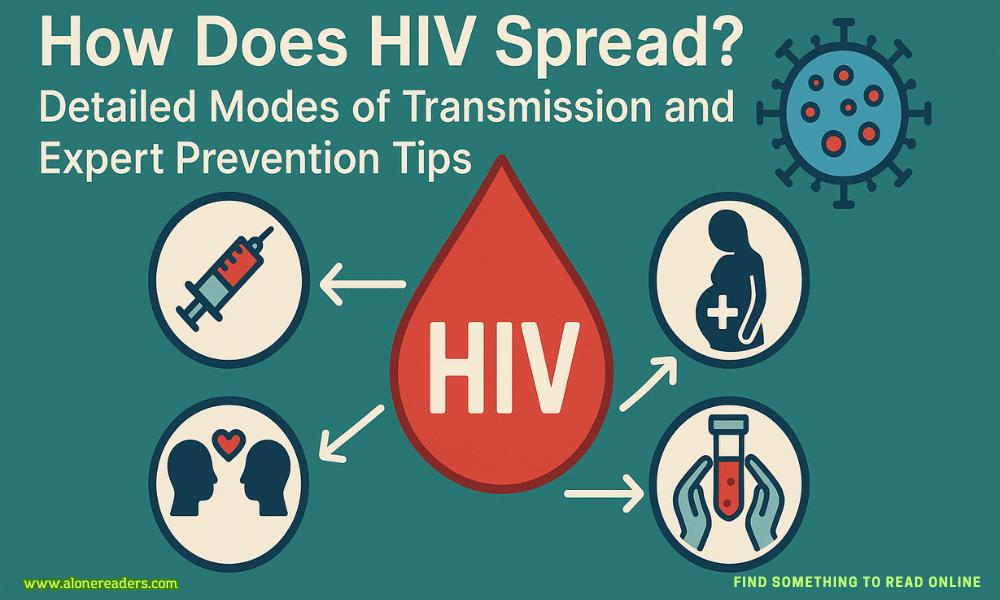Page 85 of Reckless Consequences
My scent shifts without me controlling it, no longer just rain-washed stone but carrying something warmer, more vulnerable. Jinx’s nostrils flare in response, his head tilting with interest while Theo leans closer, responding to what my body is broadcasting despite my attempts at control.
“Interesting,” I manage, trying to frame this through science. “Enhanced emotional response creating physical reaction.”
“You mean you’re crying because you’re touched we didn’t abandon you,” Cayenne translates with fond exasperation. “It’s okay to just say that, you know.”
“Less efficient wording,” I respond, our familiar exchange creating comfort despite everything.
“That’s Finn-speak for ‘thank you,’“ she explains to the others, though they already know how I communicate.
Despite my sensory overload, I notice the news broadcast on the muted television. Sterling Industries facilities being seized by authorities, research subjects receiving treatment, international investigation expanding.
“We did it,” I observe. “Mission successful.”
Ryker nods, military precision in the gesture. “Sterling’s empire is falling. Mona’s vaccine is being globally distributed. The exposed research is triggering designation equality legislation in seventeen countries.”
“Sterling himself?” I ask.
“Dead,” Cayenne answers. “Alexander killed him after the facility collapsed.”
The information creates an unexpected response—not satisfaction but a hollow ache. Not grief for Sterling himself, but something more complex. The finality creates a vacuum where the threat once stood, leaving questions without answers, origins without closure.
“And what’s next?” I ask, the question going beyond medical concerns to larger plans.
“Mona’s offered her mountain property,” Theo explains. “Secure location, isolated but accessible, built to withstand significant threats. We’re considering it as our new base once you’re recovered enough to travel.”
“A real home,” Cayenne adds. “No more safe houses or temporary shelters.”
Home. The concept hits me harder than expected. Stability after constant movement, security after persistent threat, connection replacing isolation.
My body responds before my mind fully processes it—tension releasing from muscles I hadn’t realized were tight, jaw unclenching, shoulders dropping. My breathing deepens as the constant stress I’d grown so used to begins to quiet, leaving behind an unfamiliar lightness.
I try to make sense of everything at once—whatever the formula did to me, our victory against Sterling, the idea of a real home. It’s overwhelming. I can sense the pack around me without seeing them—Ryker near the door, Jinx circling the perimeter, Theo positioned where he can reach anyone who needs him, Cayenne anchored directly to my side.
But there’s something they’re not saying. I can see it in the way they look at each other, the tension in their shoulders, the worry they’re trying to hide.
“What aren’t you telling me?” I ask, picking up on their subtle cues.
A moment of silence follows.
“That formula,” Cayenne finally says, “it’s still changing things. In both of us. Mona says she’s never seen anything like it. Sterling designed it to rewrite designation at the genomic level, and it’s still active.”
“We don’t know what that means long-term,” Theo adds, keeping his tone neutral. “The modifications seem beneficial so far—enhanced senses, stronger pack bonds, heightened neural processing. But we’re in uncharted territory.”
Jinx cuts through the careful explanation: “Basically, you and Cayenne are Sterling’s last science experiments, even with him dead.”
The information creates a wave of possibilities—so many unknowns, so many variables. Normally, this level of uncertainty would make me retreat to analyze and contain. But beneath the logical thinking, raw fear pulses through me—not just of the unknown, but of becoming something other than myself, of losing who I am.
My hands tighten on the sheets as I fight to maintain distance from the emotion threatening to overwhelm me. Cayenne’s scent shifts in response to mine, her lemon notes sharpening with concern as her fingers squeeze mine, bringing me back to the present.
But my new emotional awareness suggests a different approach. Unknown future shared rather than isolated. Variables handled together instead of alone. Uncertainty faced as a unit rather than individually.
The realization settles with unexpected warmth, quieting the worst-case scenarios running through my head. For the first time, I allow myself to feel something my logical mind has been avoiding—hope. Not based on favorable odds, but raw, irrational hope built on nothing more solid than the scents of my pack surrounding me and the steady pressure of Cayenne’s hand in mine.
“Then we adapt,” I say, with unexpected certainty despite insufficient information. “Together.”
The simplicity of the statement hides complexity beneath—pack functioning despite designation anomalies, relationships stable independent of biological classification, connection transcending traditional limitations.
“See? I told you he’d say that,” Cayenne smiles, fingers still intertwined with mine. “Some things are predictable, even without math.”
- Royally Matched by Jenna Brandt
- Objection by B. Love
- Angelo's Vengeance by Haven Fox
- Sunburned by Katherine Wood
- The Nightblood Prince by Molly X. Chang
- Bound By Stars by E.L. Starling
- Lunar's Ruined Alpha by Jennifer Eve
- Claiming His Rejected Mate by Flora R. Leigh
- The Orc's Stolen Shepherdess by Aurora Winters
- Susie's Orc by Leigh Miller
- Shadows of Stardust by Leigh Miller
- Holly's Grizzly by Leigh Miller
- Ophelia's Vampire by Leigh Miller
- Demon's Bane by Leigh Miller
- Monsters' Manor by Leigh Miller
- Kenna's Dragon by Leigh Miller
